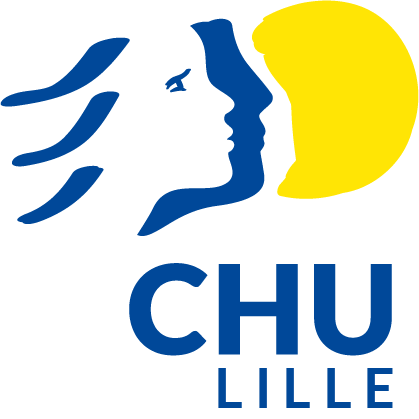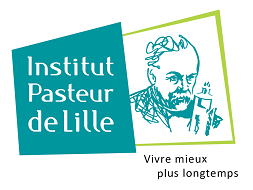Master M1/M2
If you would like to do a Master internship in our unit, please contact Pr Sophie Lestavel:
Contact: sophie.lestavel[at]univ-lille.fr
For students with scientific background, the terms and conditions, recruitment, teaching content and general organisation of the Master 1 Biology and Health are available here !
For health students (medicine, pharmacy, midwifery and odontology), the terms and conditions, recruitment, teaching content and general organisation of the Master 1 Biology and Health are available here !
Find out more about the terms and conditions, recruitment, teaching content and general organisation of the Master 2 Biology and Health course here !


